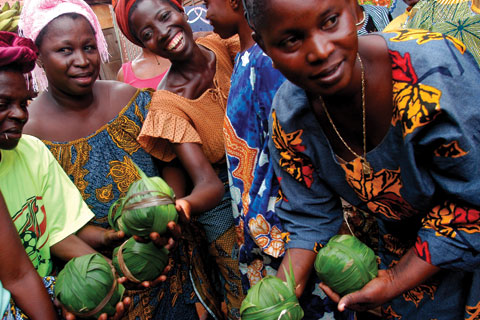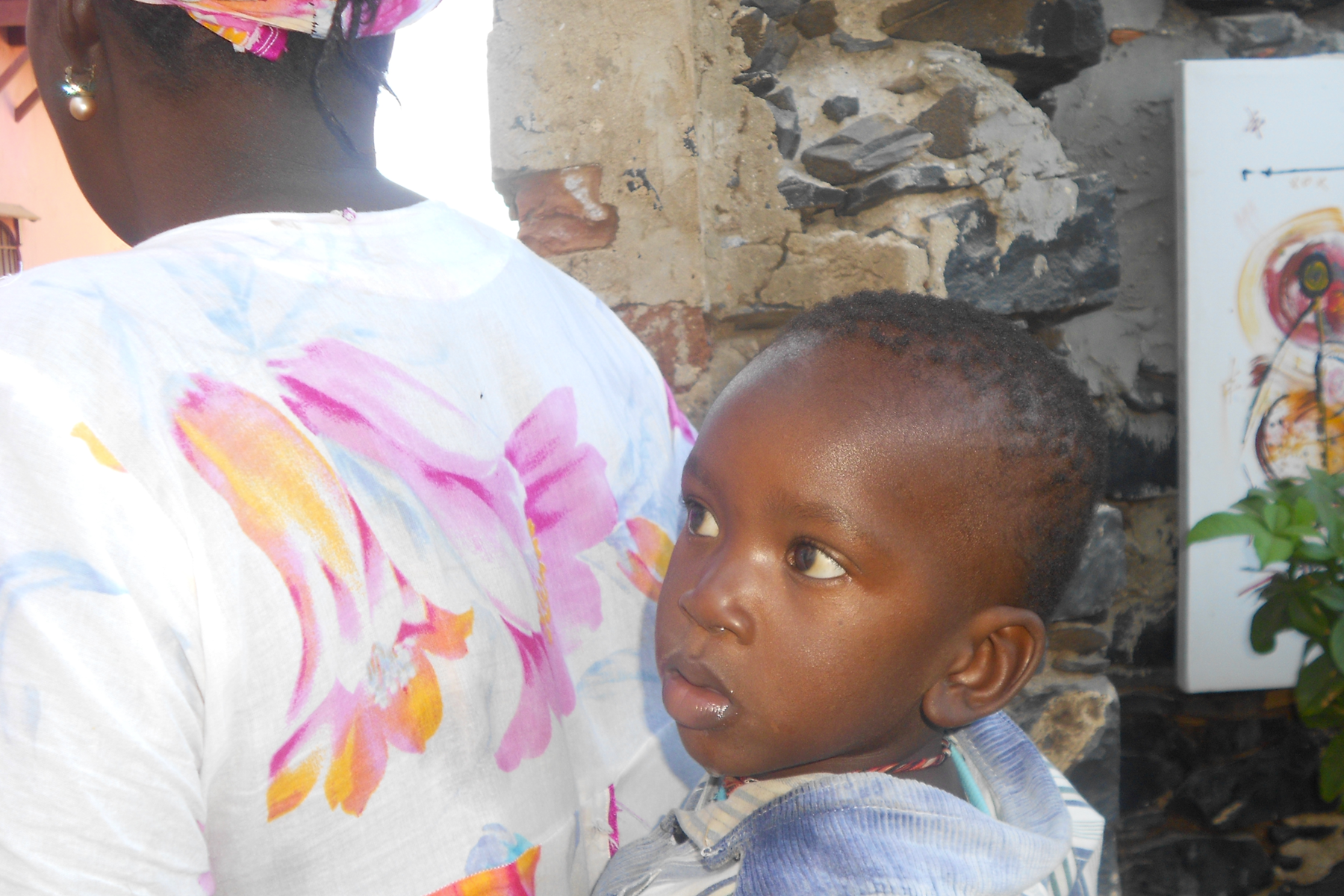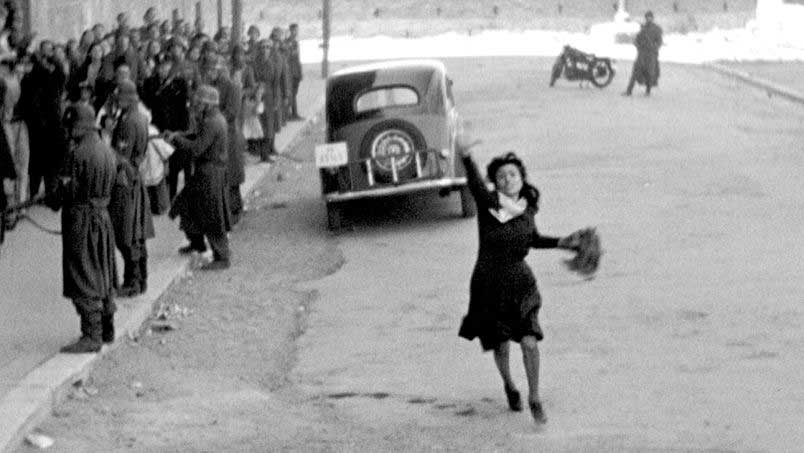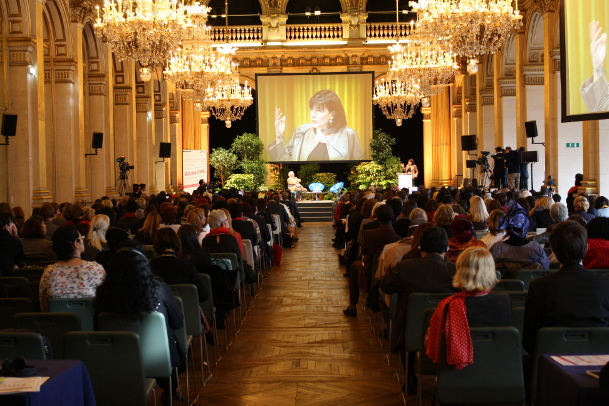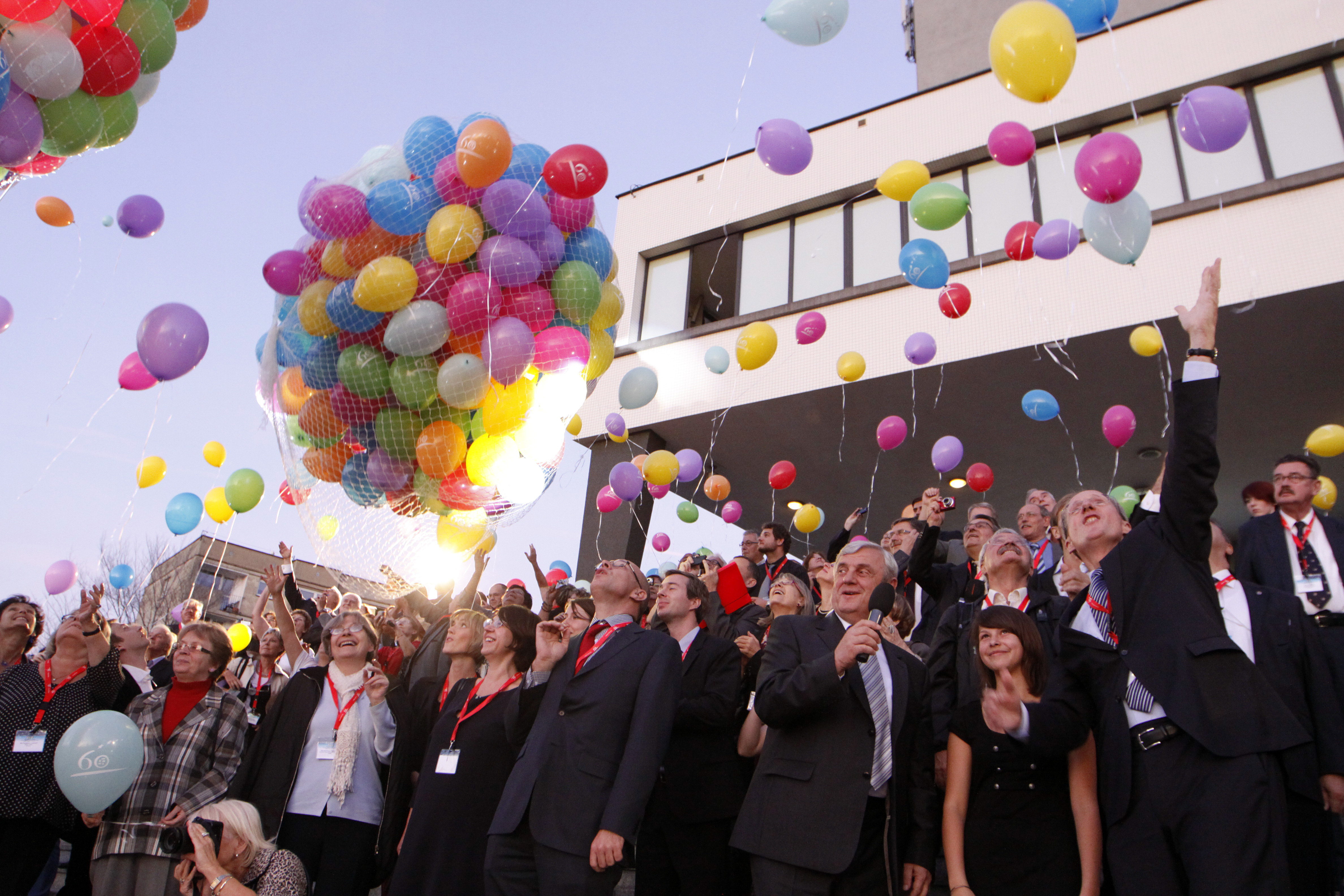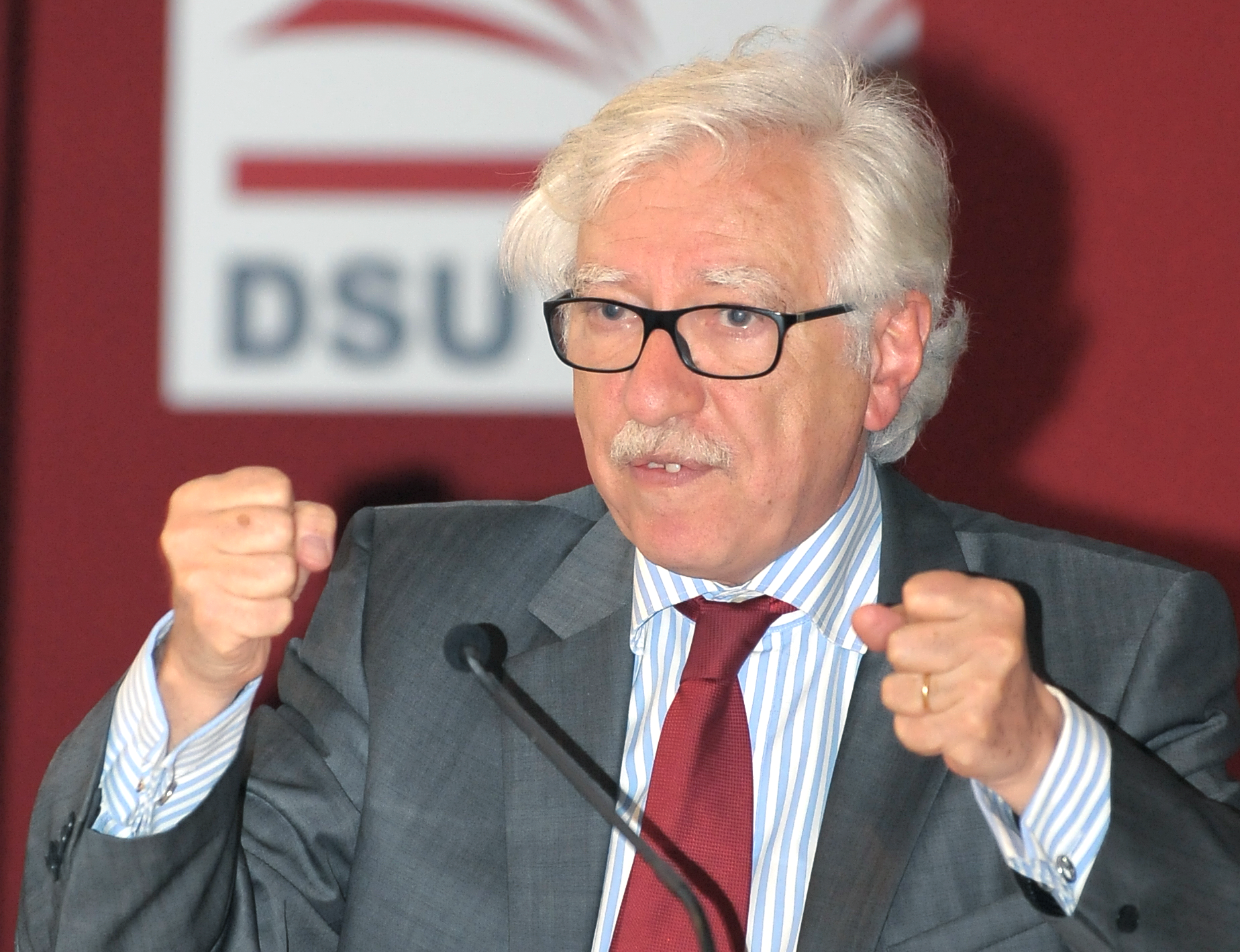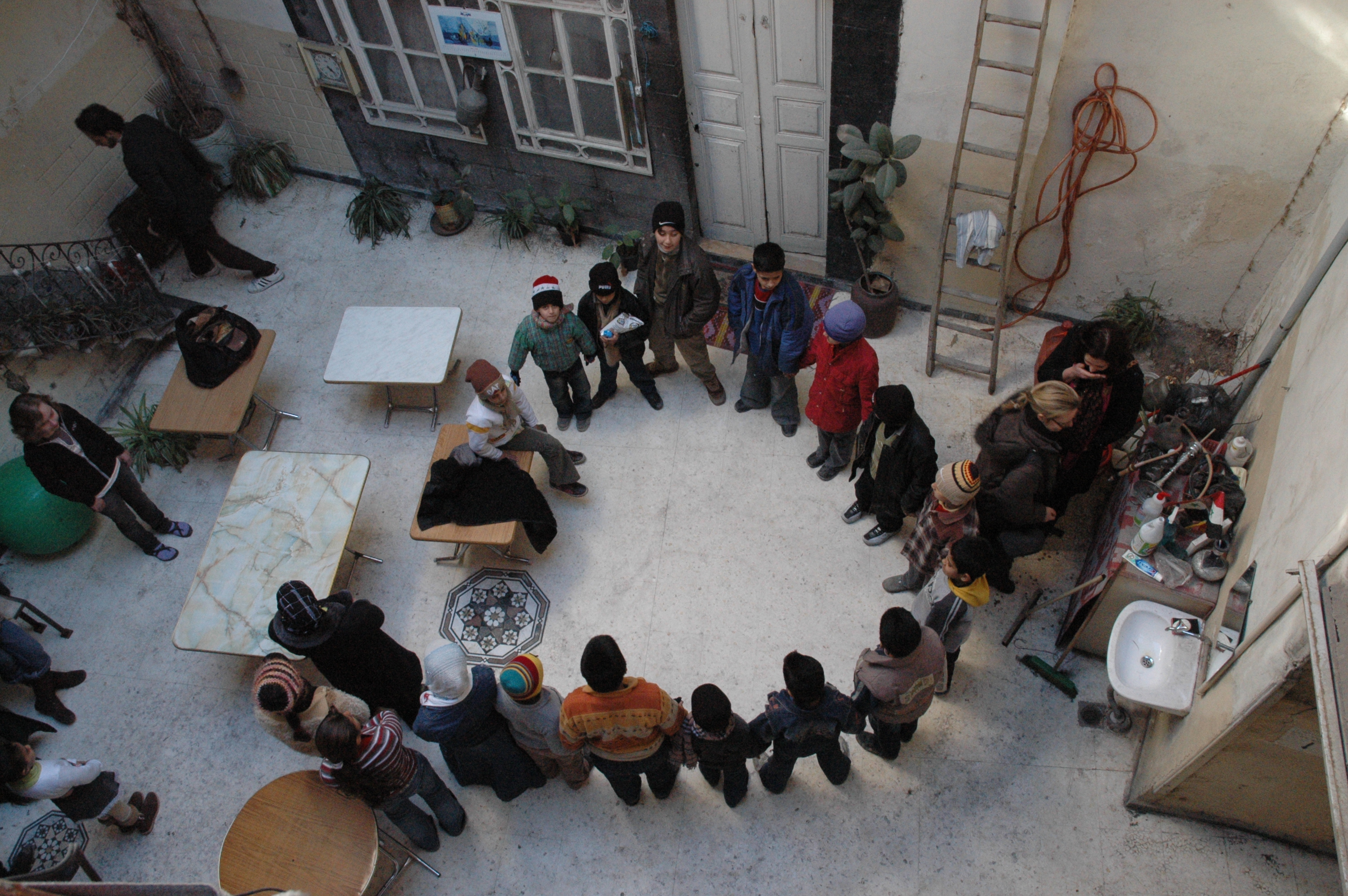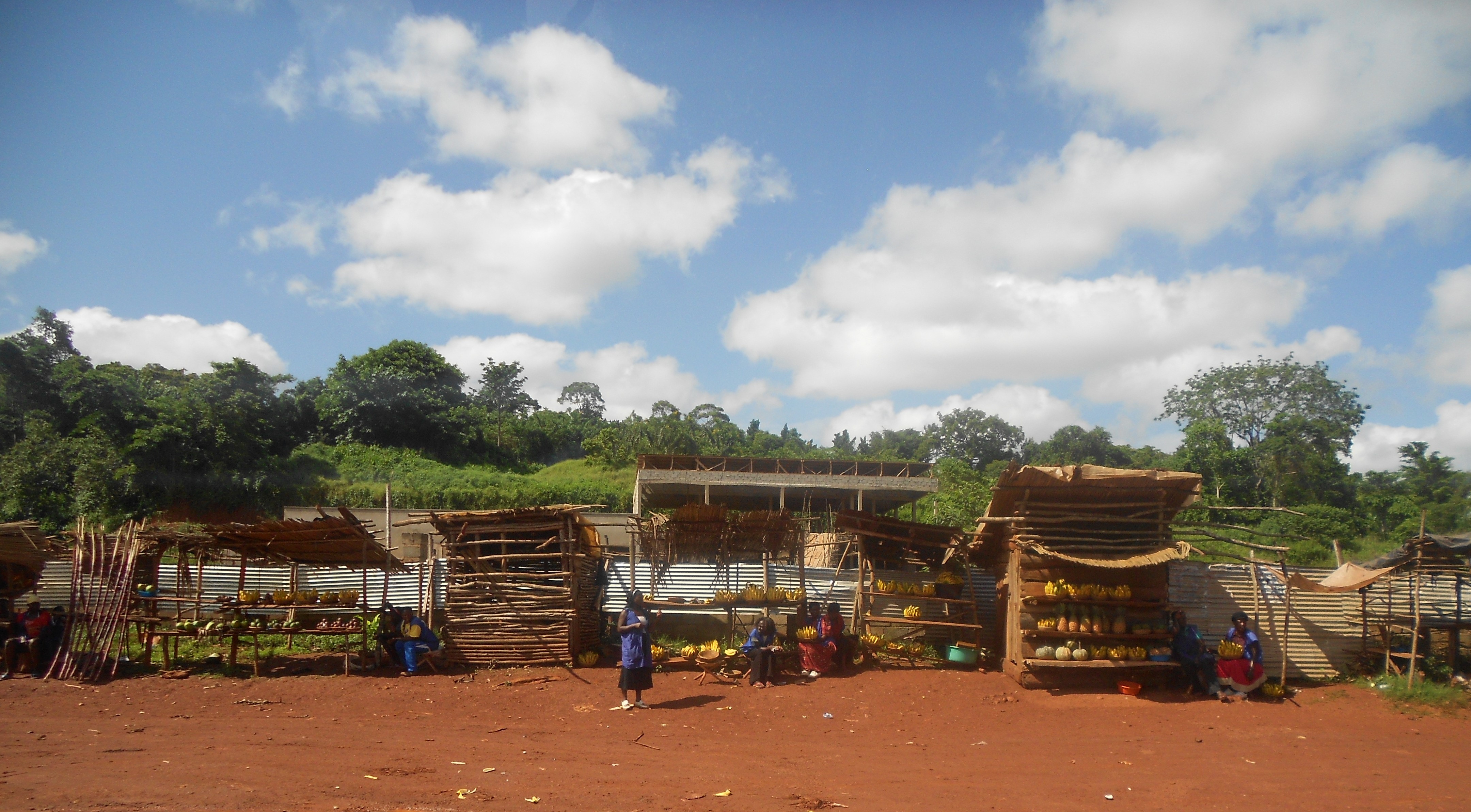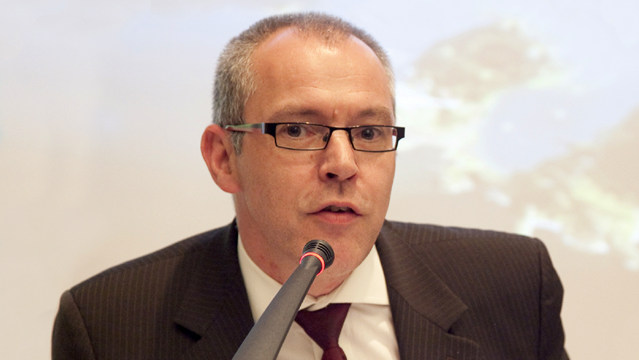Women in Local Leadership
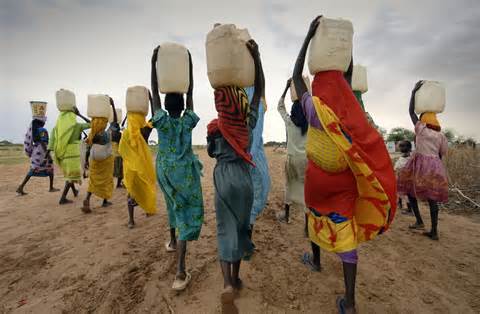
Proud of having collaborated with FCM (the Federation of Canadian Municipalities) for the report of the project on Women in Local Leadership (PMI-WILL).
Proud of having collaborated with FCM (the Federation of Canadian Municipalities) for the report of the project on Women in Local Leadership (PMI-WILL). PMI-WILL stands for Partnership for Municipal Innovation – Women in Local Leadership. It is a project implemented by the Federation of Canadian Municipalities (FCM) in partnership with its members and financed by Global Affairs Canada (Canadian Ministry of Foreign Affairs).
The six years project (2021-2027) aims at enhancing women’s and girls’ rights in five countries: Benin, Cambodia, Ghana, Sri Lanka and Zambia; in this framework it supports women local elected officials and administrators at the municipal level, municipal councillors and local governments in these partner countries.
Based on Research studies held in the 5 countries before mentioned, I was asked to make the consolidated report that is the synthesis of the 10 reports and highlight the challenges concerning barriers to women’s participation in local government as elected officers and administrators in four thematic areas: socio-cultural and religious, policy and legal framework, institutional provisions, and individual barriers.

The key findings in these four fields were as follows.
i) Socio-cultural and religious area:
Patriarchal norms are prevalent in the 5 countries and they lead to discrimination, negative gender stereotypes, and often hinder education for girls, like in Benin and Cambodia. In spite of institutional efforts to end violence against women, this remains prevalent in Benin. The culture of emphasizing woman as a household manager leaves only a small chance for women to get involved in social, economic and political development in Cambodia. In Ghana, the society tends to judge women more on how well they perform as mothers and wives, rather than their achievements in their career. Parental sex preference of males over females in Sri Lanka reinforces the stereotypes that a boy will grow to be a man and a girl will grow up to serve the man. Other negative norms such as virginity test, female genital mutilation amongst Muslim communities prevent further progress on gender equality and remain a persistent barrier towards eliminating violence against women. The myth that women are unable to hold leadership positions, was identified as a gender stereotype that affects the performance of female administrators in local government. In Zambia a deep-rooted concept of unequal gender relations in which men are superior to women exists; the country has a dual legal system, (statute and customary laws) which has resulted in a number of gender inequalities in the execution of the laws
ii) Policy and legal framework:
Even if the 5 countries do have legal instruments and national constitutions that emphasize the principle of gender equality, the implementation of these legal frameworks is weak. There is a lack of gender-sensitive policies and legal frameworks, as well as a lack of political will to support women. Quotas are identified as a mechanism to support women’s participation in politics, but not all countries have implemented them. It is important to note that Sri Lanka’s Local Authorities (Amendment) Act, No. 1, was revised in 2017 by Act No. 16 to include a 25% women’s quota in local elections.
iii) Legal provisions
The research underlines the role of the electoral system and the voting method, in particular the discriminatory positioning of women on the electoral lists (last position or alternatives) in Benin, Cambodia and Sri Lanka, the different forms of corruption during elections and the structure of political parties in all the 5 countries against women, as they do not support women financially and women lack mentors to guide them enter political life. When it comes to the position of women in local administration, the report underlines the issues of sexual violence and harassment that women face and the consequences that this has on their career in Benin, Ghana and Zambia. Women do not hold managerial positions. Conciliation of professional and personal life is very difficult, particularly for those who must travel a long distance between their office and home.
iv) Individual barriers
These include financial constraints, social pressures, psychological barriers, family responsibilities, and violence. Financial barriers were identified as a significant obstacle in all the 5 countries, as women do not have enough financial autonomy for a political career. Poverty, lack of education, and difficult access to information also further constrain women’s participation in politics and local administration. Despite these obstacles, many women are motivated to engage in politics and work towards a change in their society and women’s situation in general, even if economic obstacles often impede their efforts.
These issues are deeply analysed in the report and key recommendations are made to follow in the five countries.
More information can be found in the final document published by FCM (www.fcm.ca).
I wish to thank FCM and in particular Elsie Ondokor, Gender equality and Social Inclusion Specialist, for her collaboration and trust. It was a real pleasure working with her.
A special reward to the national associations of local governments of the 5 countries which were responsible of the research in their country:
- Benin- Association Nationale des Communes du Bénin (ANCB)
- Cambodia- National League of the Local Councils of the Kingdom of Cambodia (NLC)
- Ghana-National Association of Local Authorities of Ghana (NALAG)
- Sri Lanka - Federation of Sri Lankan Local Government Authorities (FSLGA)
- Zambia- Local Government Association of Zambia (LGAZ)
Last but not least, congratulations and thanks to the consultants who made the 10 reports, Dr. James Mensah and all the staff of FCM who supported and guided to finalize the publication.




 All news
All news




